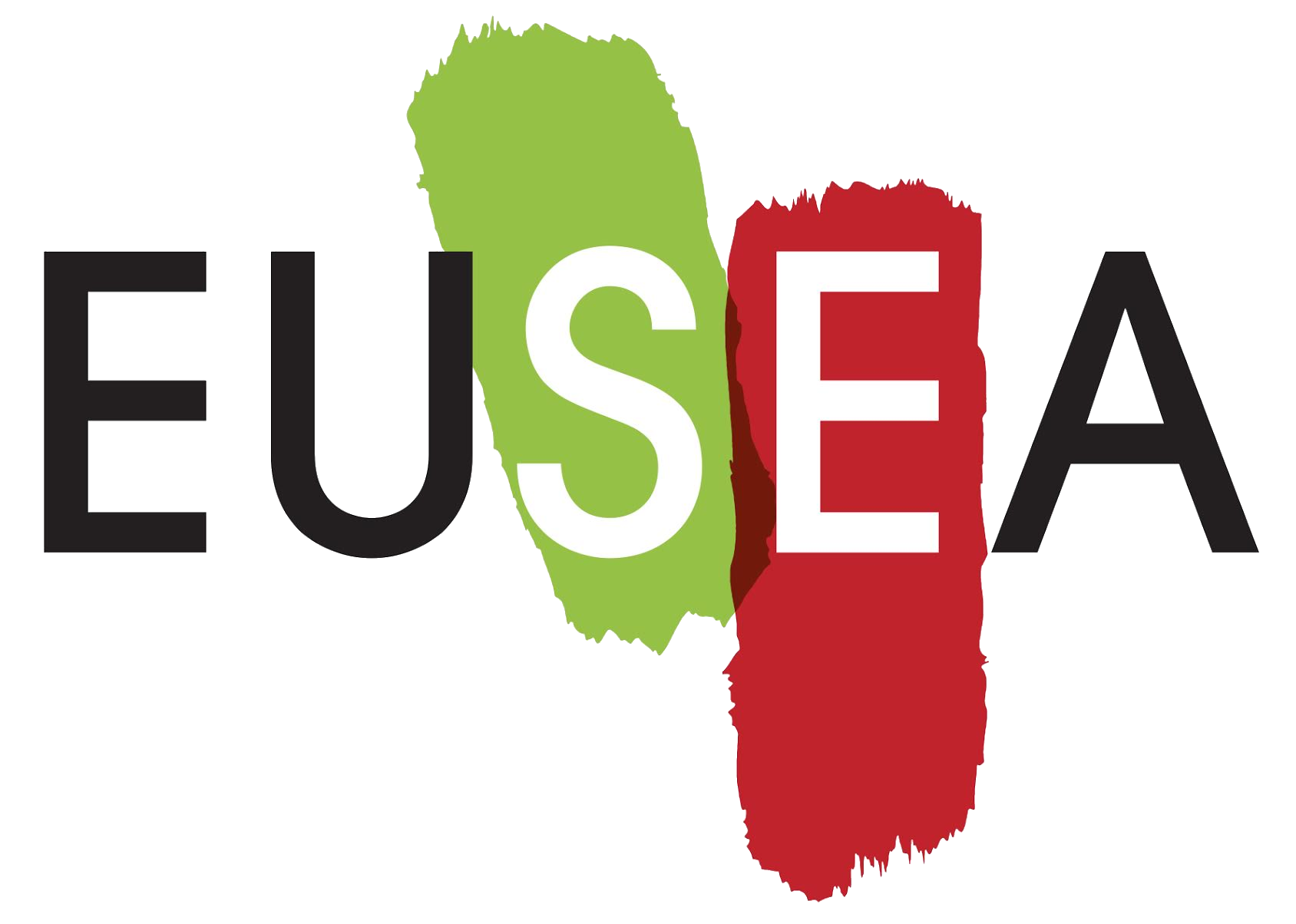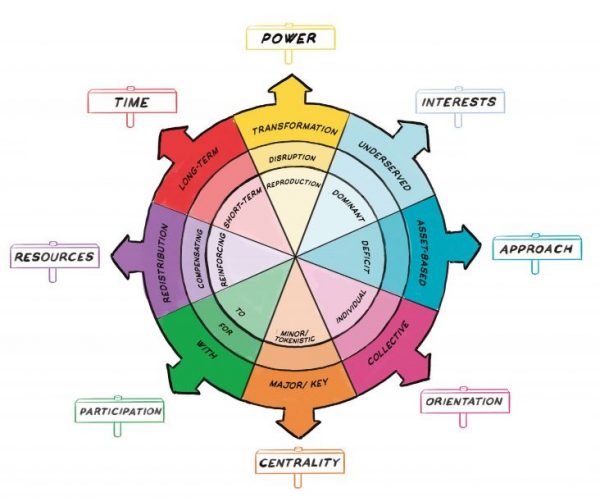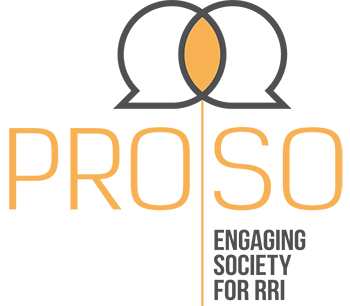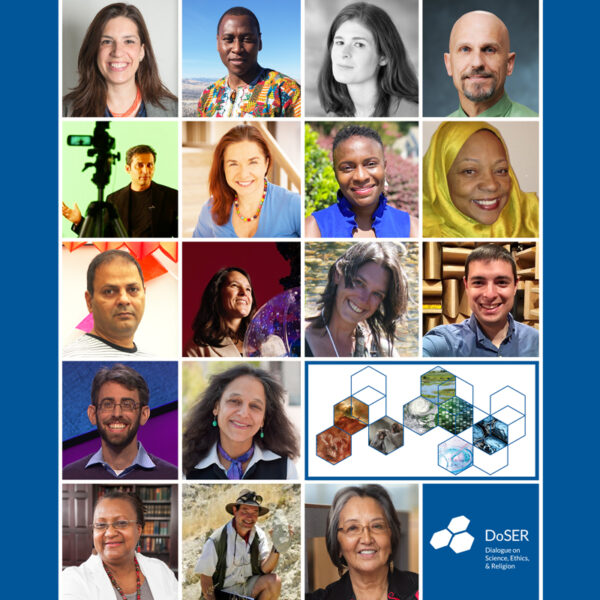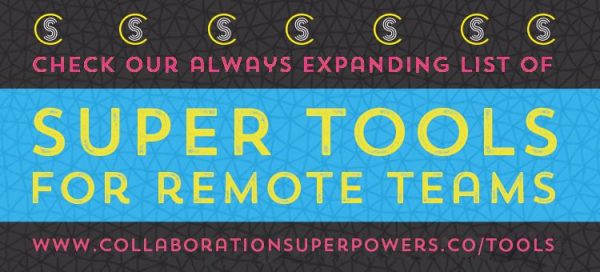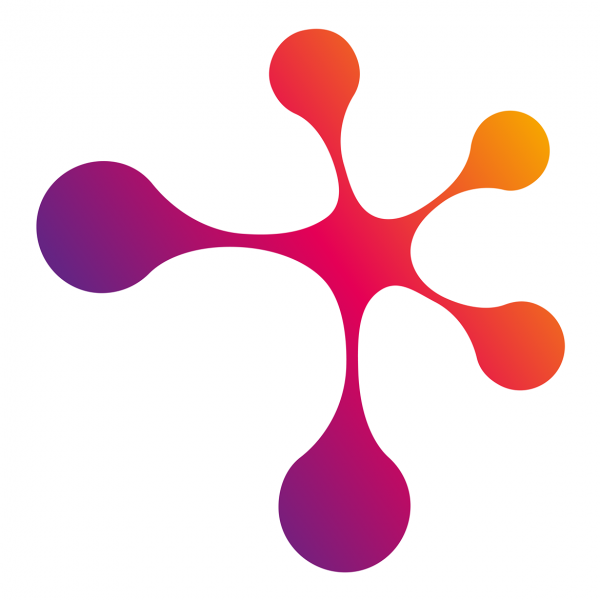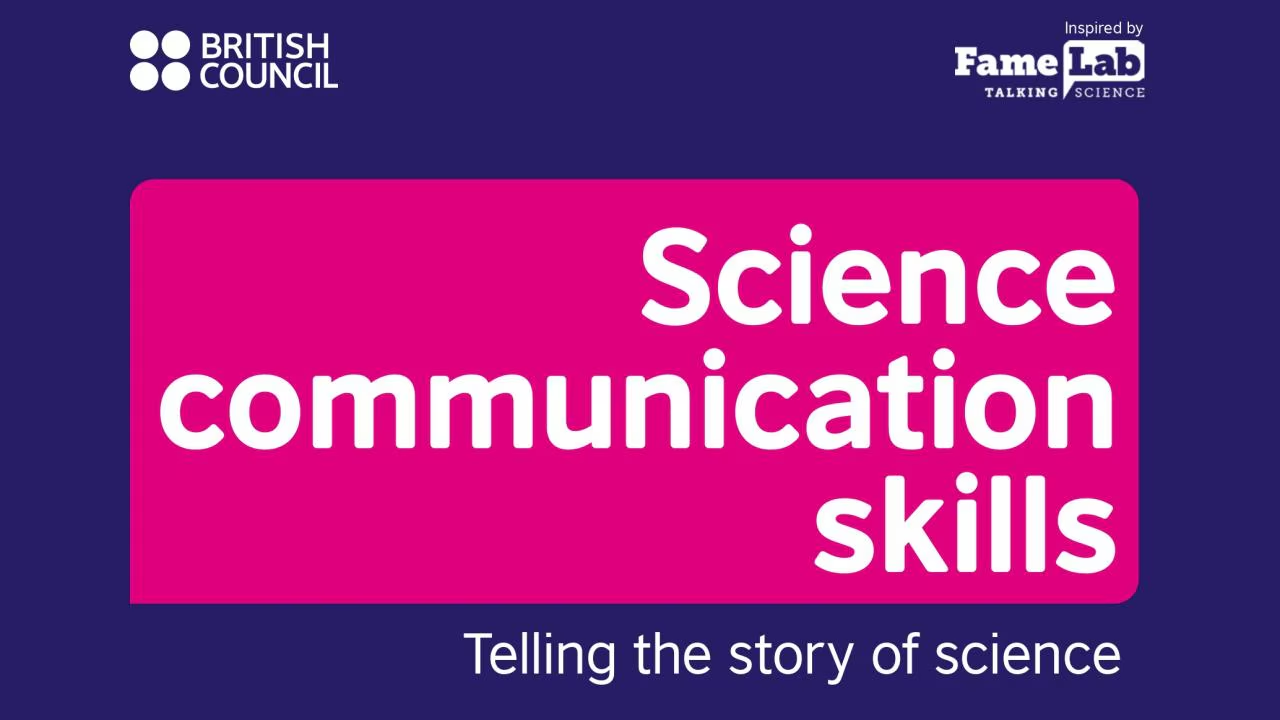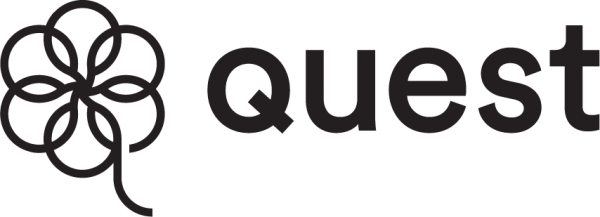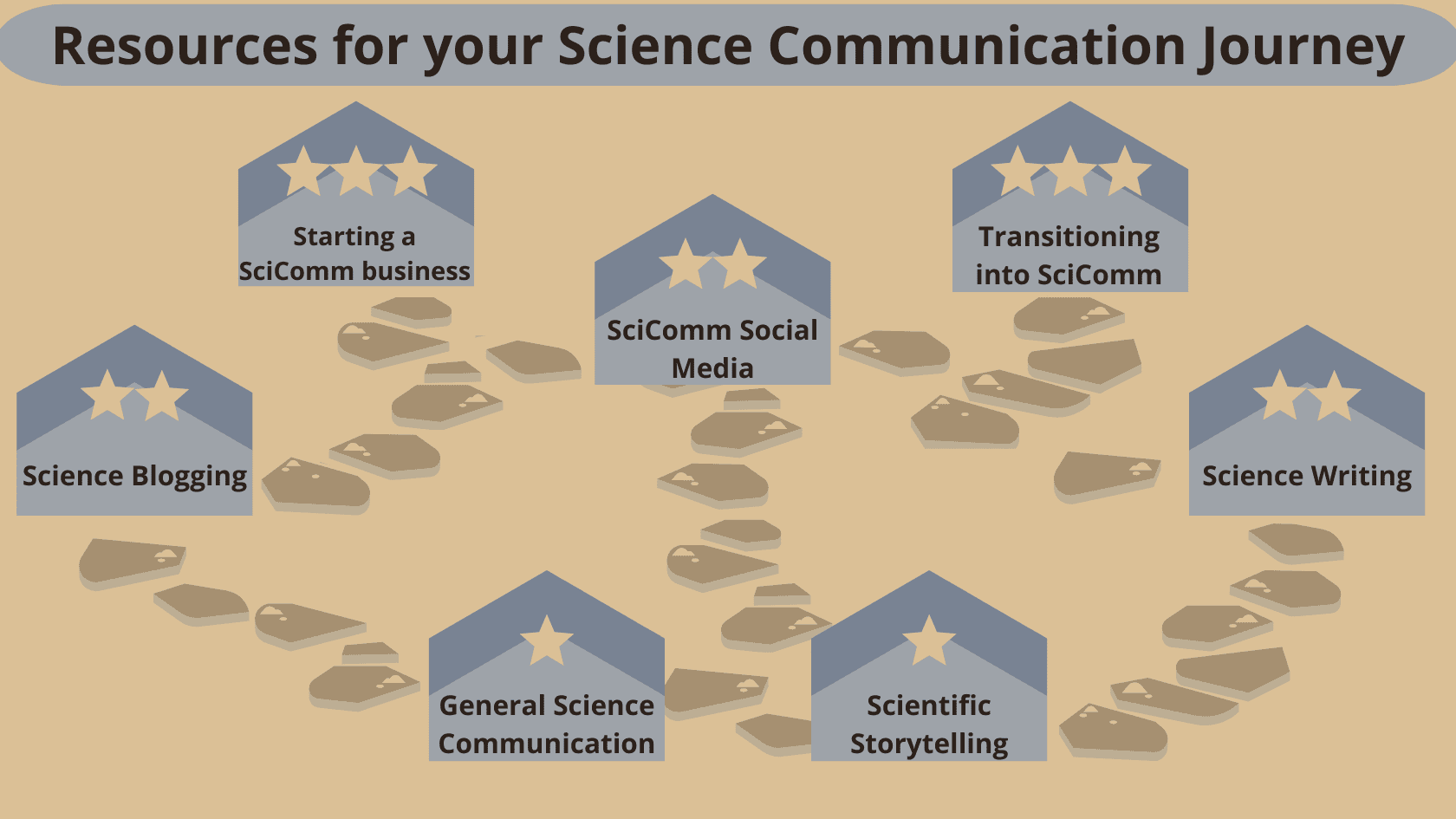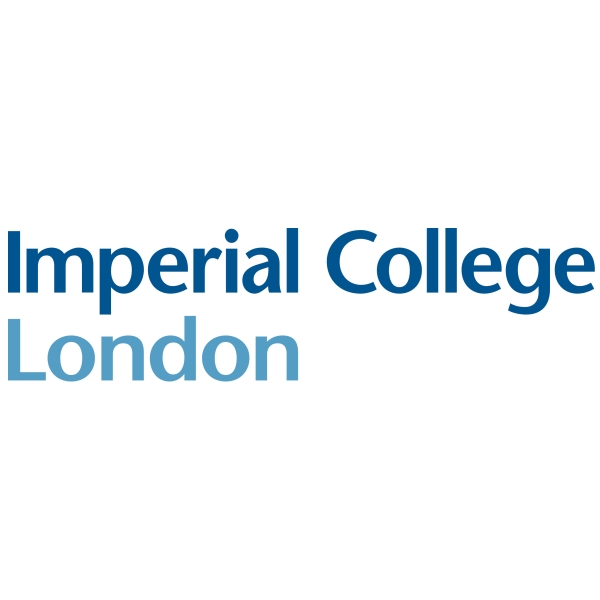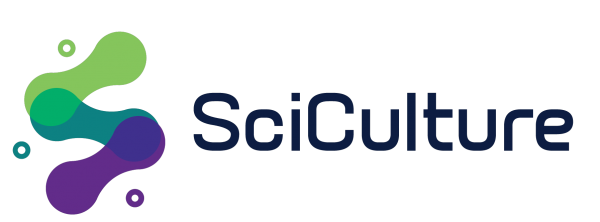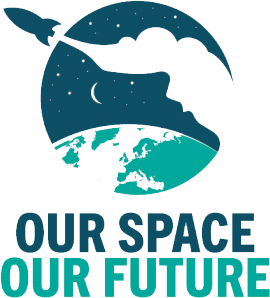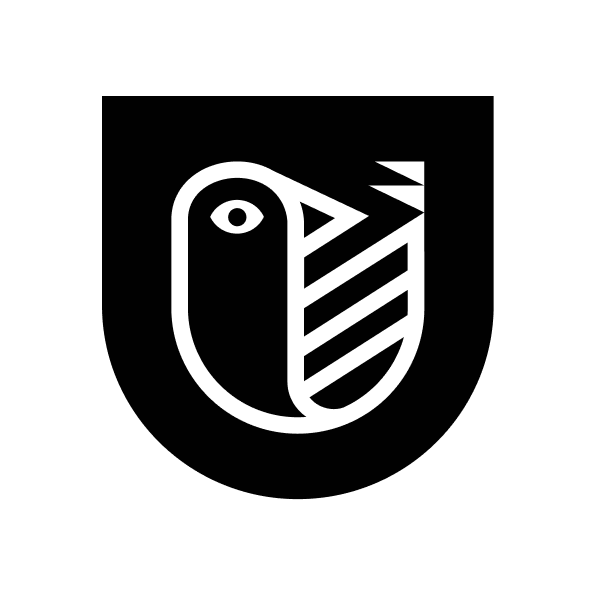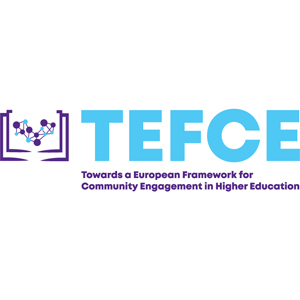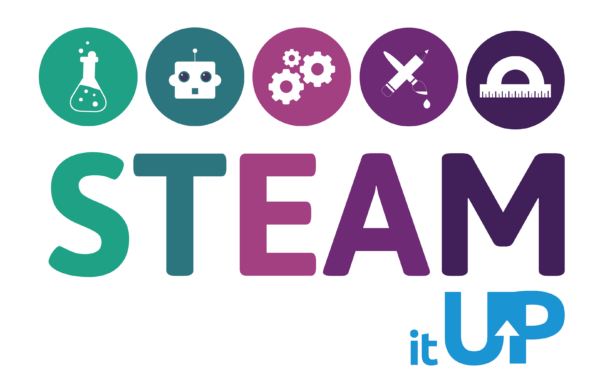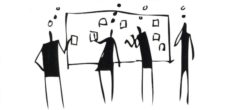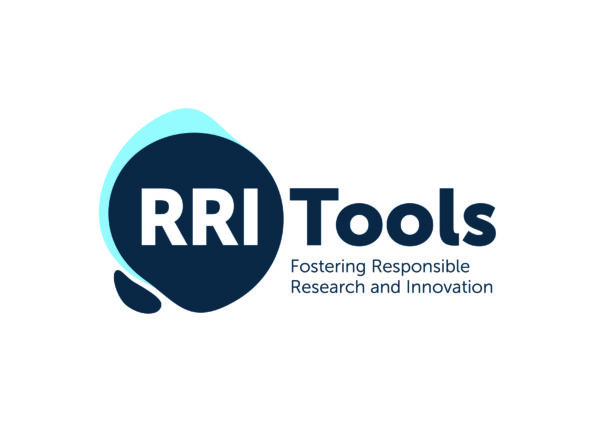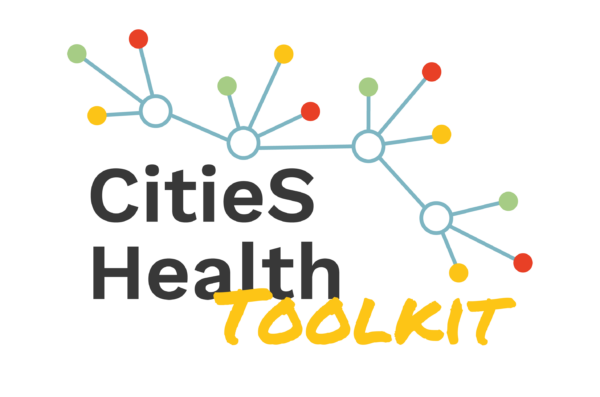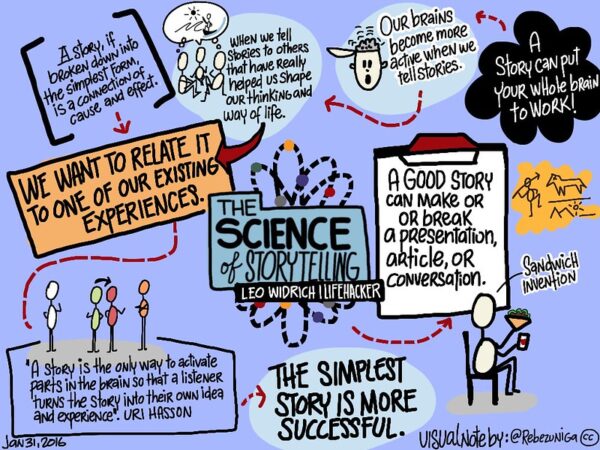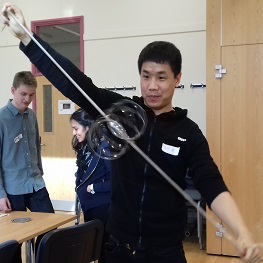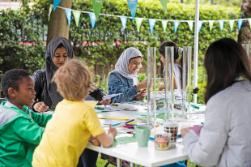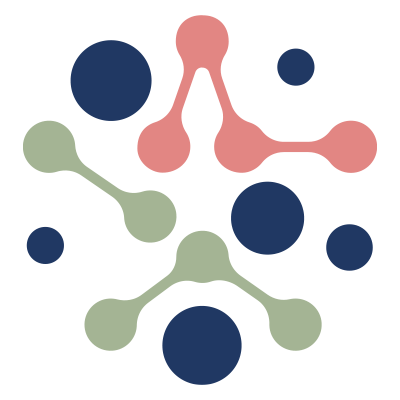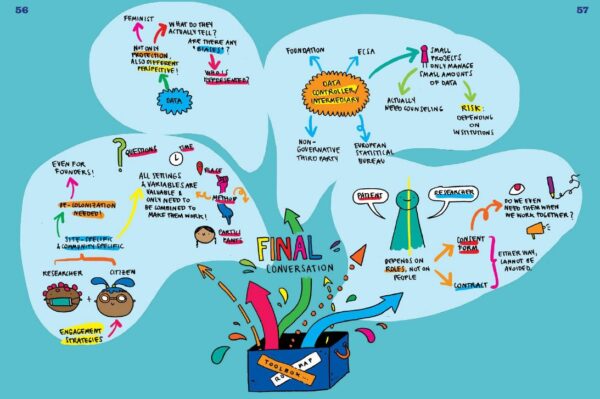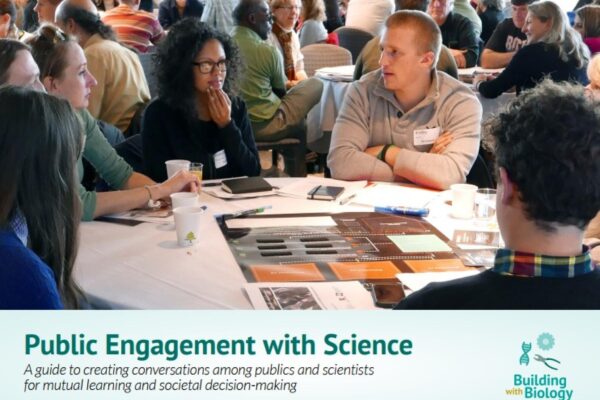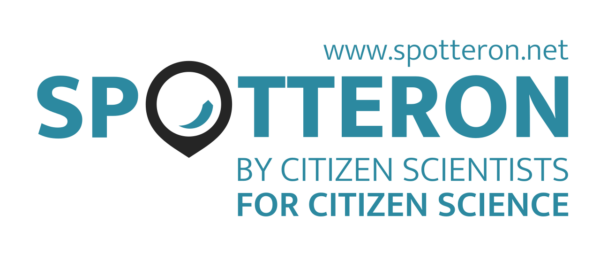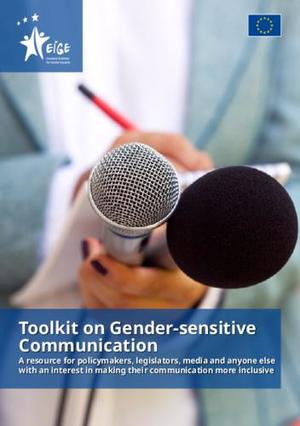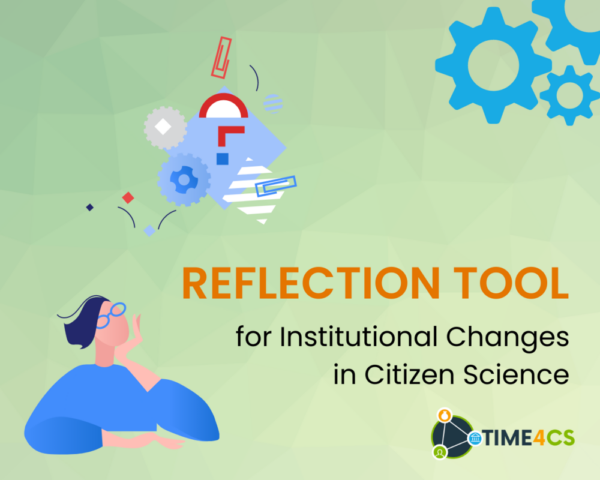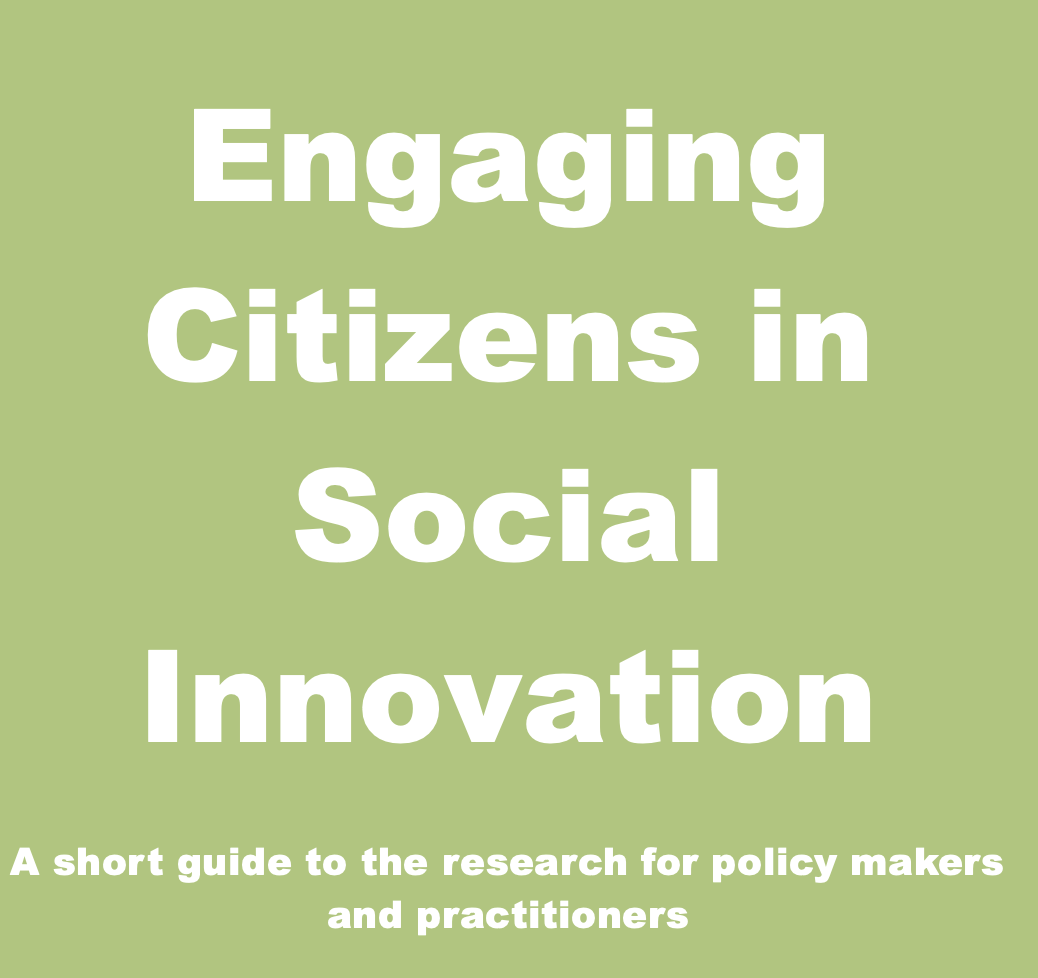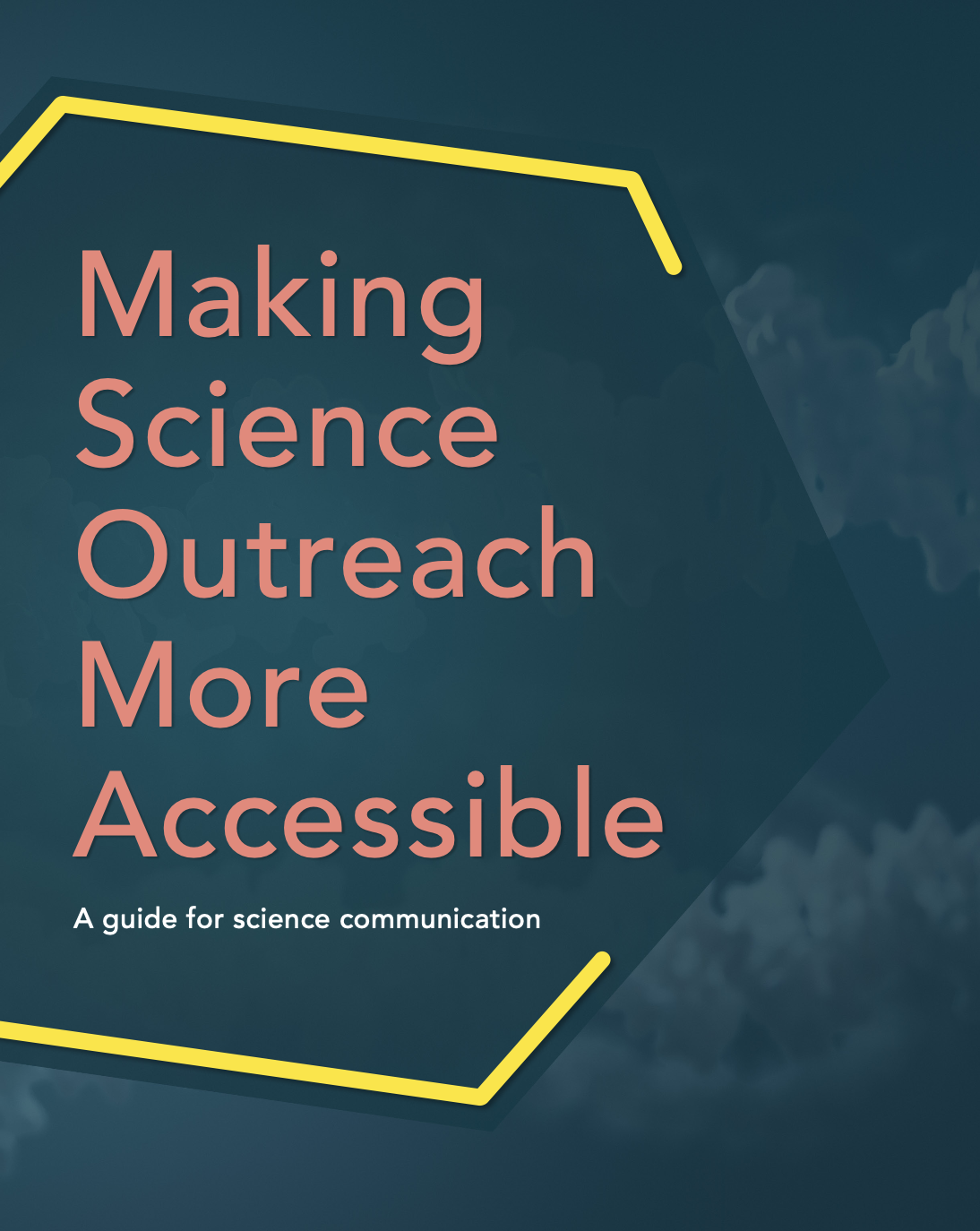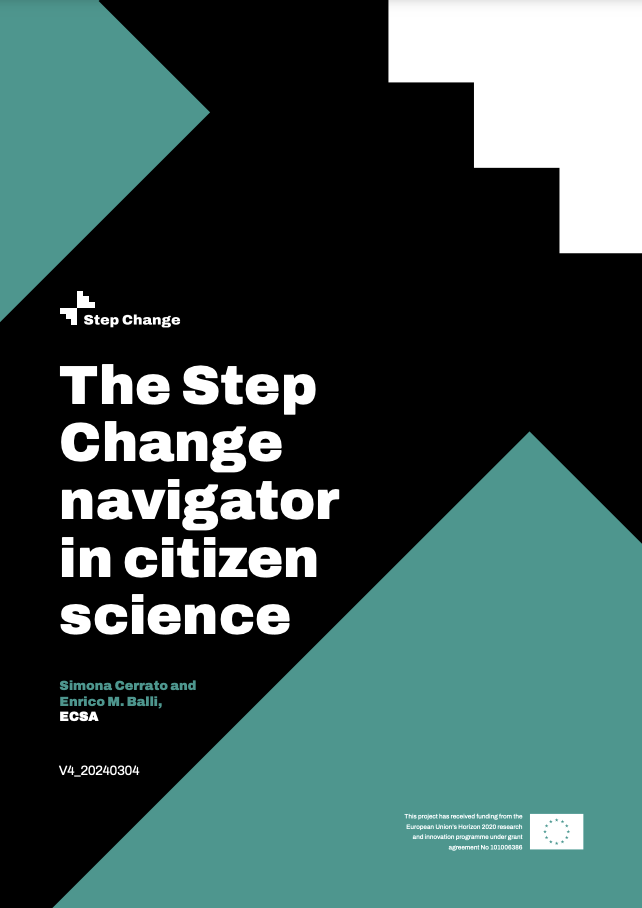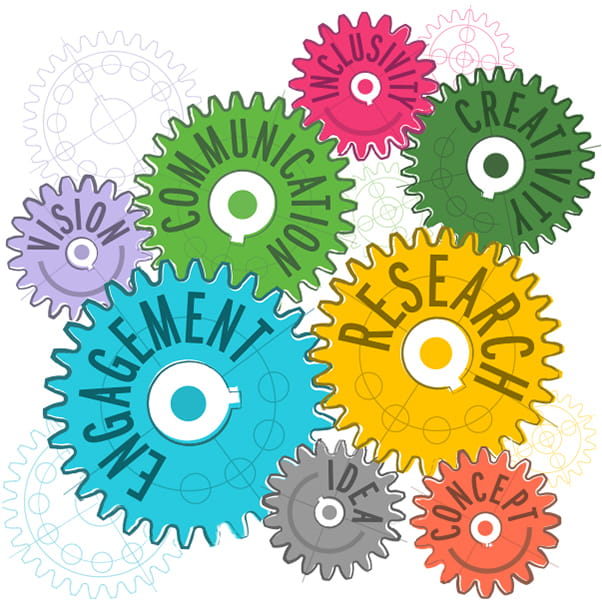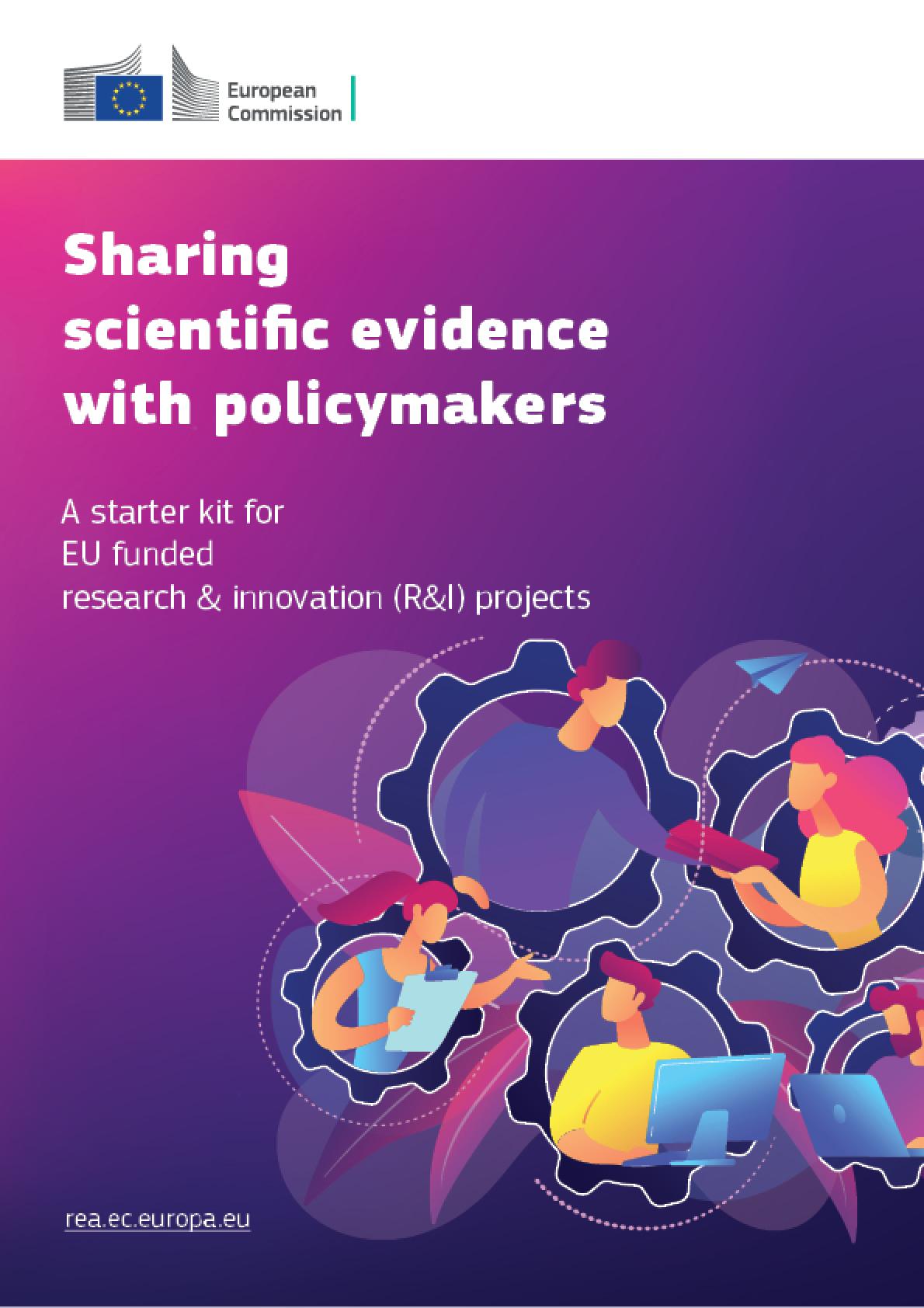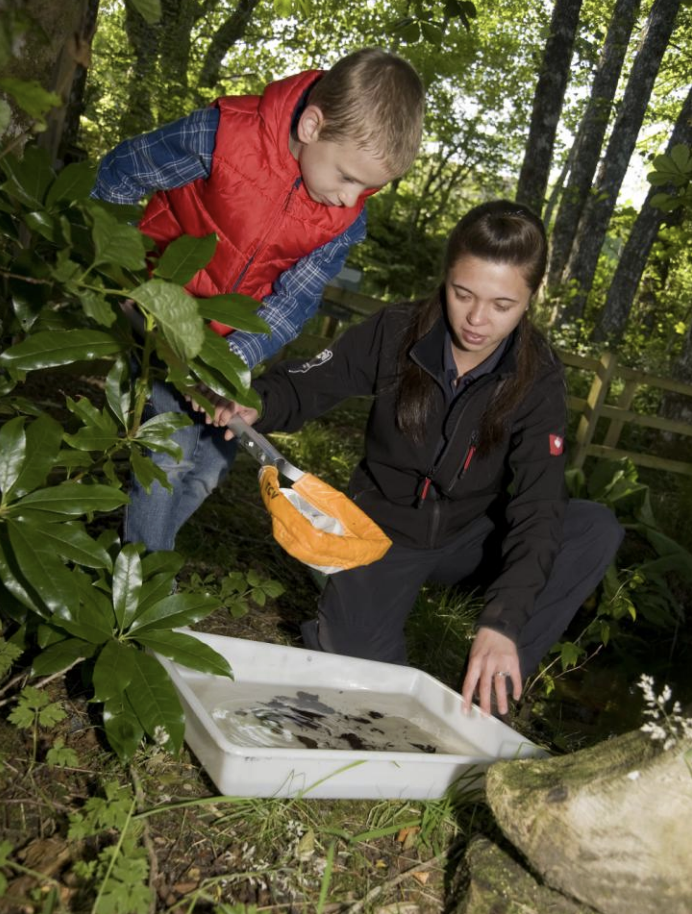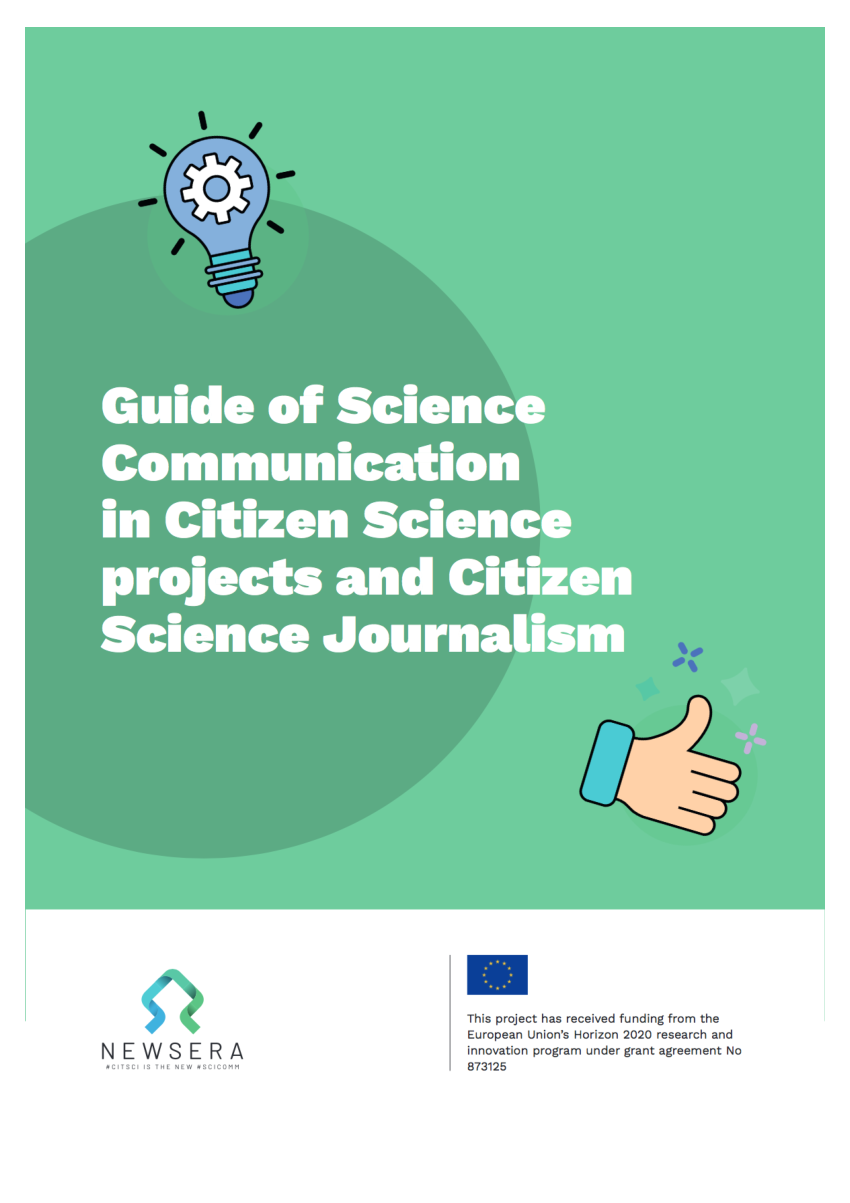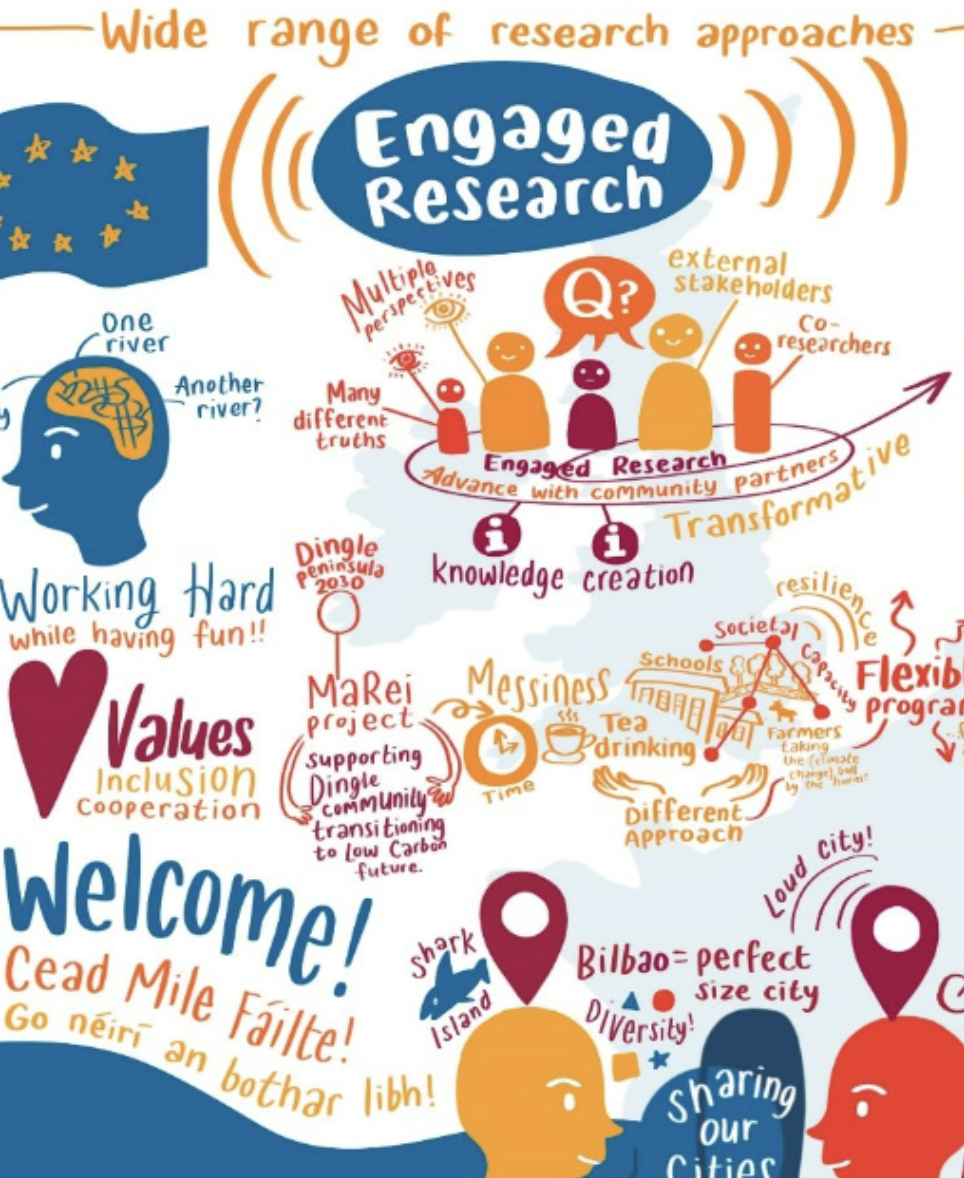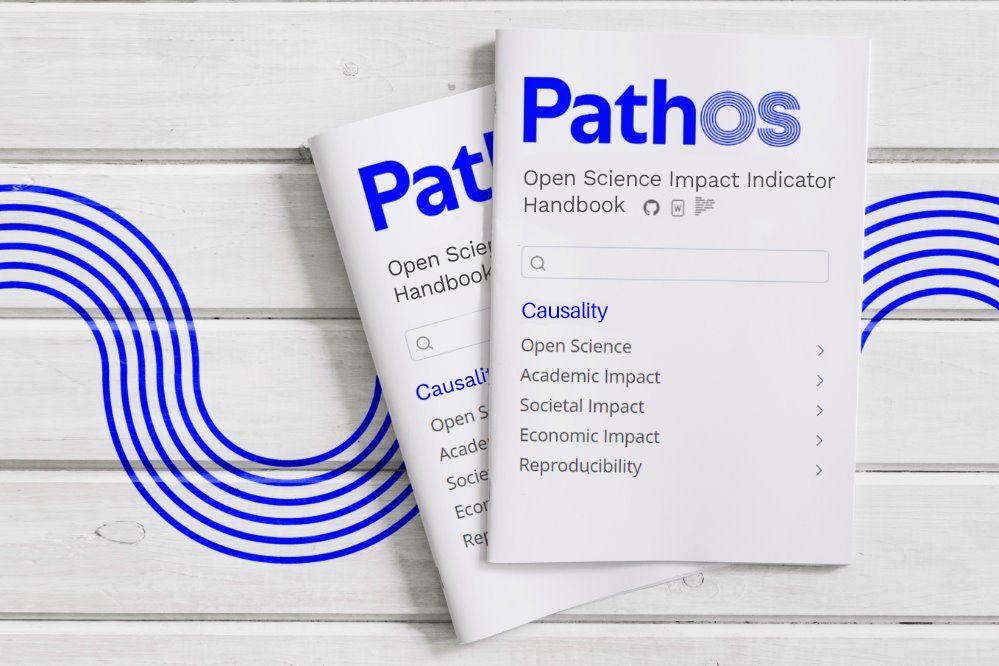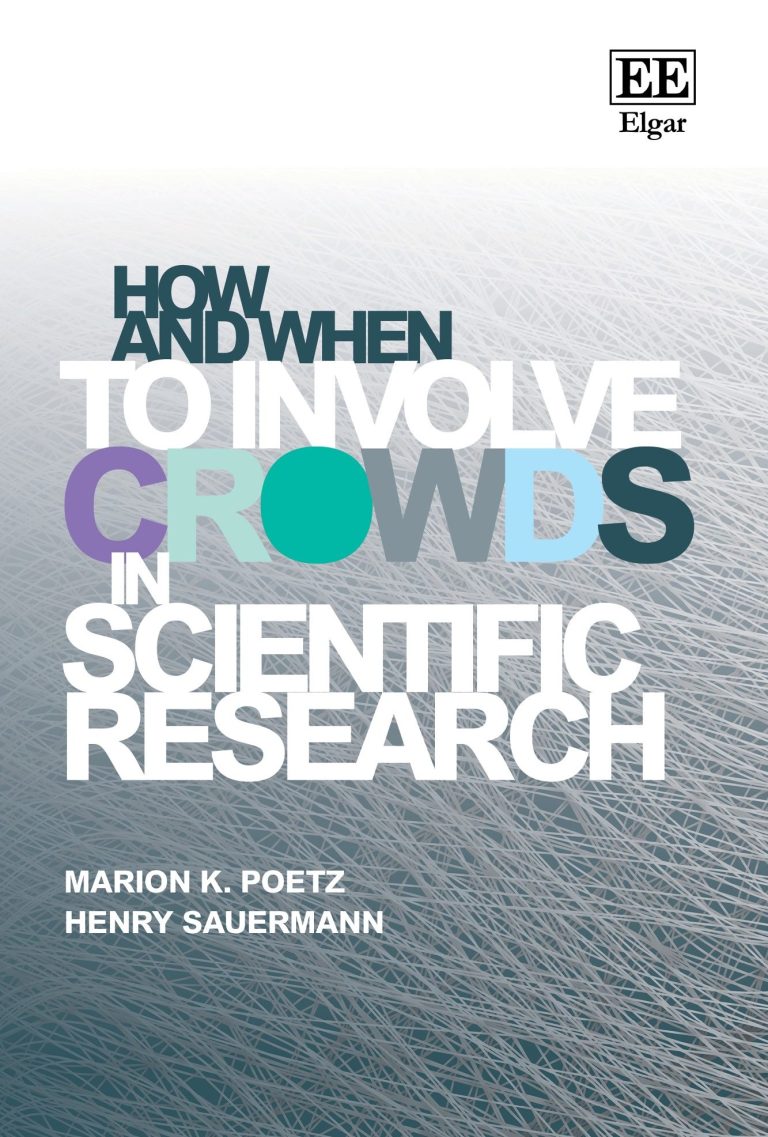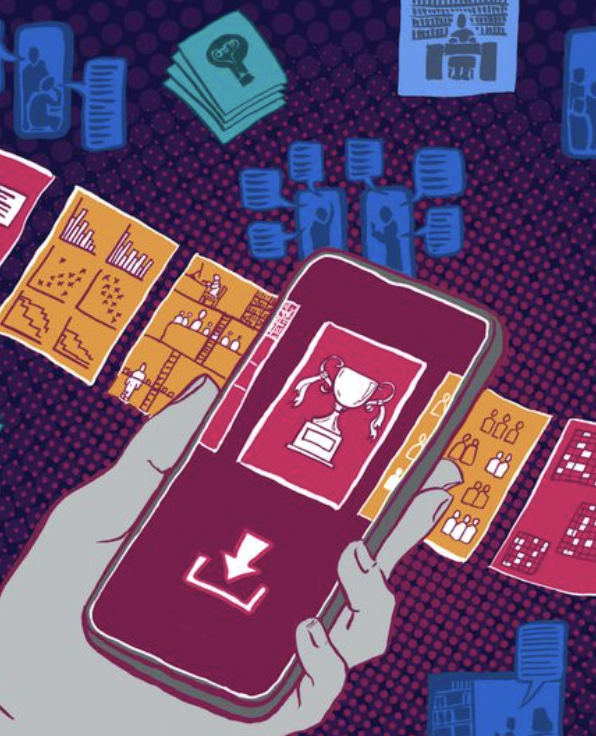Toolkits are the practical and hands-on side of EU funded projects. They are usually the result of the research, the experimentation and the trial and error of the projects. Helping you avoid the pitfalls they encountered. They are meant to be shared and to provide user-friendly methodologies, ideas and inspiration.
Here we picked a few that we found useful. They will give you insights about diverse topics, from hands-on guidelines to the current state of policy discussion in our fields.
SCICOMM Toolbox
Inspiration and suggestions for different kinds of science communication activities.
SISCODE Toolkit
Series of activities to run and foster co-creation meetings and workshops.
Promoting Societal Engagement in Research and Innovation
Inspiration to develop policies and practices to engage citizens and third sector actors.
Advancing Earth and Space Sciences
Access a range of resources to help you effectively communicate your science. From media outreach to policymaker engagement, explore tools to amplify your impact and share your research.
Science in Dialogue
A rich platform with formats and methodologies are presented here, in a user-friendly way. In German only, but we are translating some of them into English for our platform.
Science Engagement with Faith Communities Video Series
A series of 4 short videos cover important points about science engagement such as ensuring it is inclusive, its social and historical context, best practices, and meeting people where they are.
MSP Guide
This portal is part of a platform from the Centre for Development Innovation, part of Wageningen University and Research Centre. The purpose of the platform is to enable practitioners to collaborate and share knowledge, experiences and strategies.
Tools for Remote Workers
Over the years, Collaboration Superpowers has compiled a list of useful tools and apps for remote teams. We hope these tools help you work better remotely.
STEAM Experiments
STEAM (Science, Technology, Engineering, Art & Mathematics) offering a collection of science experiments, a one-stop website for educators, parents, science communicators and students.
Science Communication Toolkit: Telling the Story of Science
British Council Ireland, together with FameLabber, science communicator and teacher, Eoin Murphy, are delighted to present this exciting new toolkit aimed at Transition Year Students interested in developing their science, and broader communication skills and knowledge.
Quest
Working together with journalists, museums, scientists and social media content managers, Quest has created a range of tools to help science communicators improve the effectiveness of their communication activities.
The American Association for the Advancement of Science
Excellent public engagement with science builds on a foundation of clear, concise communication. This section provides guidance and tips to improve your communication skills.
Resources for your Science Communication Journey
Whether you’re new to science communication or looking to refine your skills, this guide is for you. It introduces the essentials of sharing research in engaging, meaningful ways, helping you find where to start—or how to go further. From building confidence to gaining feedback and accountability, it’s designed to help you grow as a science communicator and make a real impact.
Imperial College London – Engagement toolkit
This engagement toolkit has everything you need to organise high-quality engagement with the public.
National Co-ordinating Centre for Public Engagement- Evaluation resources
Evaluation is a necessary part of any engagement activity, and most funders require it. Don’t be put off! There are lots of toolkits and evaluation guides available.
SciCulture-Course Kit
A playful tool for educators and course developers to design transdisciplinary, collaborative courses that address societal challenges.
Our Space Our Future Toolkit
A tried and tested list of school-based, community and teacher training activities to encourage people that Space is for everyone.
STEM Learning Resources
Home to thousands of free-to-access, quality-assured resources to support the teaching and learning of science, technology, engineering and mathematics (STEM) subjects.
Lifeology
Lifeology is a platform and communication tool that engages broader audiences in science, health and research in a fun, accessible way. We do this via beautifully illustrated, science-backed, bite-sized “flashcard” courses.
TEFCE Toolbox
TEFCE Toolbox: An Institutional Self-Reflection Framework for Community Engagement in Higher Education.
STEAM it UP
This practical and innovative Toolkit is an easy-to-use package of resources, that is anticipated to support teachers to develop, design and implement effective activities for enhancing basic skills to students within STEAM education.
Gamestorming
You have heard of brainstorming, but what about gamestorming? Helping you and your colleagues come up with creative and innovative solutions through fun games and idea generation.
Learning Science Through Digital Narratives & Storytelling
This activity aims to transform science presented in curricula (usually strict, stiff and boring for young people) to open, friendly and interactive communication supported by the re-contextualization of science content in digital narratives created by learners.
ENGAGING CITIZENS IN INNOVATION POLICY: WHY, WHEN AND HOW?
Innovation policy must be socially embedded to address major challenges. Citizen engagement can shape priorities, improve legitimacy, and raise innovation’s visibility, but inclusion and integration remain difficult. This paper explores why, when, and how to engage citizens, and offers practical guidance on reaching diverse publics and choosing effective methods.
RRI Tools
The aim of the EU project RRI Tools was to promote responsible research and innovation with, and for society, and to develop tools to advocate, train, disseminate and implement RRI.
The CitieS-Health Toolkit
The CitieS-Health Toolkit provides a customised and interactive collection of adaptable instruments to empower anybody to engage communities to solve issues of common concerns and deploy actions for making your world a better place to live in.
Bios2 Science Communication workshop
Recordings, content and handouts from a 6-hour Science Communication workshop held over two days on 15 and 16 June 2020.
Teaching science through stories
Children’s stories provide a great context for learning science. Explore our resource packages based around popular children’s books and discover the science hidden in a book. Resources include book summaries, hints and tips for teaching the science and further stories on a similar theme.
Storytelling in science: How to (remotely) wow an audience
The aim is to improve connections with public, media, policymakers, managers, colleagues, editors, funders, and many others. And the way you tell stories really matters.
Science Busking Guide
This Science Busking Demo Pack from the British Science Association describes 30 quick demonstrations for use at public events or science fairs.
This resource has been put together by science made simple and is intended for use by 16+ year olds, though if deemed suitable they can be adapted for use by under 16s with appropriate adult supervision
Public Engagement Evaluation Toolkit
The Public Engagement Evaluation Toolkit is designed to make it easy to evaluate the design, execution and impact of public engagement with research. Find out how to design an evaluation and discover tools that will enrich your engagement whilst providing you with opportunities to evaluate what works.
EU-Ciziten.Science Training Platform
The EU-Citizen.Science platform is an online platform for sharing projects, resources, tools and training on citizen science. In order to build a community of engaged users, the platform was built in collaboration with the citizen science community and interested stakeholders.
A colourful toolbox: Health Citizen Science under the GDPR
The workshop explored the scarcely researched implications of the GDPR for the active sharing of (environmental) health data within the framework of Citizen Science projects.
Public Engagement with Science
A guide to creating conversations among publics and scientists for mutual learning and societal decision-making.
The SPOTTERON Citizen Science App Platform
A highly customizable and innovative toolkit for custom Citizen Sciences Apps and public engagement projects. The platform’s tools and services provide a reliable solution for an interactive and community-driven Citizen Science experience.
Better Evaluation –
Choose methods and processes
You need the right mix of methods to answer your evaluation questions and the right processes to plan and implement an evaluation. Choosing the most suitable methods or processes depends on the nature of what is being evaluated, the nature of the evaluation, and resources and constraints.
Toolkit on gender-sensitive communication
This toolkit provides guidelines for the use of gender-sensitive language in writing. Gender-sensitive communication ensures that women and men – and those who do not conform to the binary gender system – are treated as persons of equal importance and dignity.
A Reflection Tool for institutional changes in Citizen Science
The Reflection Tool for institutional changes in Citizen Science (CS) is dedicated to anyone that would like to pursue sustainable institutional changes towards Citizen Science at its research institution.
Citizens in Social Innovation
Public engagement builds trust and supports social innovation, but expectations must be realistic. This report explores key methods—crowdsourcing, co-design, and participatory budgeting—and outlines their benefits, risks, and implications for policymakers.
Making Science Outreach More Accessible
This resource is aimed primarily at those who deliver STEM outreach activities to all sectors of the community. This could be informal activities in schools, youth clubs and public events such as those that take place during national Science Week.
This resource consists of a series of contributions from design and communications experts who share their wisdom and experience to help you present your information in a way that engages and connects with all learner profiles across a variety of media.
The Step Change navigator in citizen science draws upon the experience of the Step Change project, aiming to generalise and upscale its learnings for the benefit of other citizen science practitioners embarking on their own journeys.
The Step Change navigator in citizen science is intended as a valuable resource for anyone interested in citizen science. It provides a comprehensive overview of the field, practical guidance for project development, and inspiring insights from the Step Change project.
The Science Communication Unit (SCU) produces helpful resources for researchers producing public engagement.
The resources draw on the expertise of Dr Laura Fogg Rogers, Dr Corra Boushel and Sophie Laggan who work with researchers in the College of Arts, Technology and Environment, and Dr Laura Hobbs who works with researchers in the College of Health, Science and Society, and their experience of doing events for projects.
Sharing scientific evidence with policymakers
A starter kit for EU-funded research & innovation (R&I) projects, explaining how research and innovation projects can share scientific evidence with policymakers at the European, national, regional or local level.
Science for Everyone – A guide for teachers and support providers
A Toolkit created by The Conservation Volunteers project to help teachers build Citizen Science into their lessons and other school activities.
CitSciComm Labs
CitSciComm Labs addressed capacity building and training gaps in science communication by focusing on emerging issues in community science (CS) and scientific projects. Key topics included participatory methodologies, impact assessment, ethics, misinformation, social media communication, and visual storytelling techniques from data journalism.
Engaged Research Toolkit
Engaged Research addresses societal challenges through multidisciplinary approaches, benefiting all disciplines.
The UNIC toolkit aims to improve knowledge of engaged research methodologies and support researchers in developing their skills for impactful projects.
50 Essentials on Science Communication
Science communication is increasingly vital for engaging society and building trust among researchers and science communicators. This open-source book offers a foundational guide for career-building scientists and newcomers to the field, covering key aspects of effective communication strategies through insights from experienced international authors.
Open Science Indicator Handbook
The OS Indicator Handbook not only covers various aspects of measuring Open Science itself but also delves into reproducibility and impact.
If an indicator can be readily operationalised, they aim to provide ready-to-go recipes to support its implementation.
Learning resources for scientists
A collection of free online learning resources that provide practical tools and guidance for researchers and academics at every career stage. Find open-access articles, videos, downloadable content and more, with topics including research skills, career development, science communication, leadership and activism.
